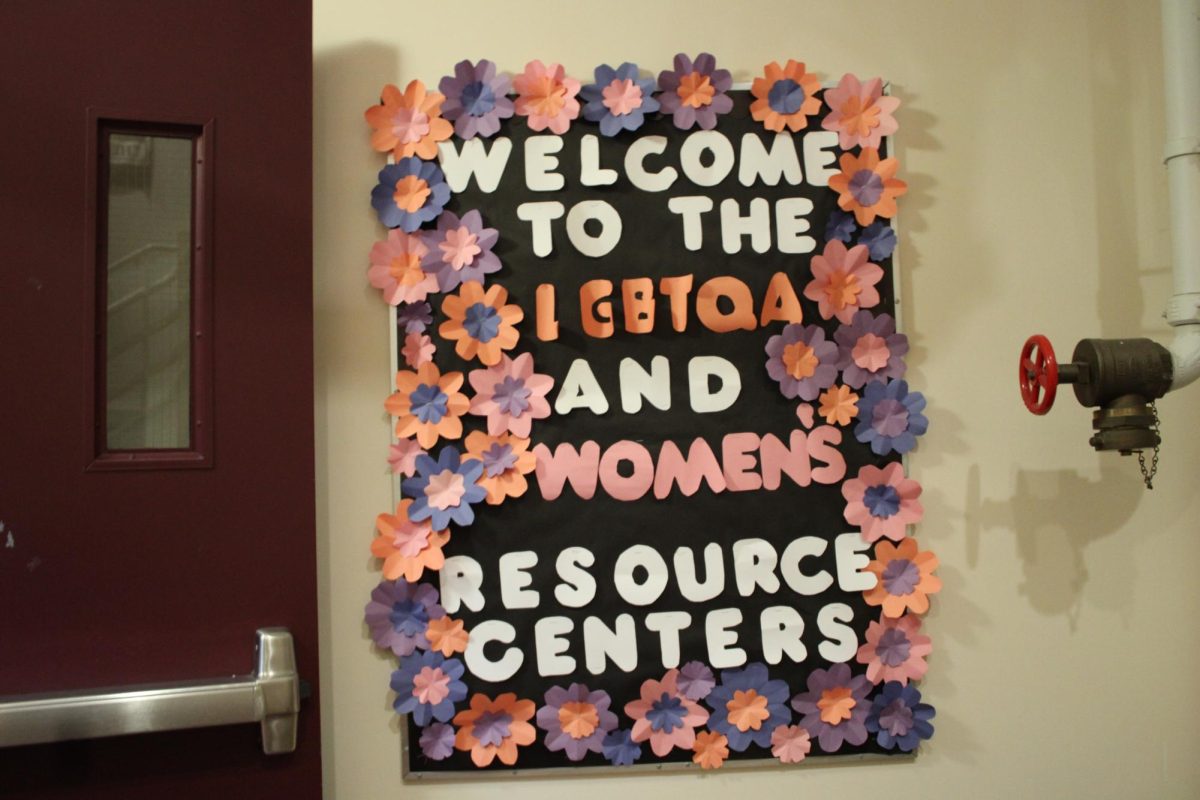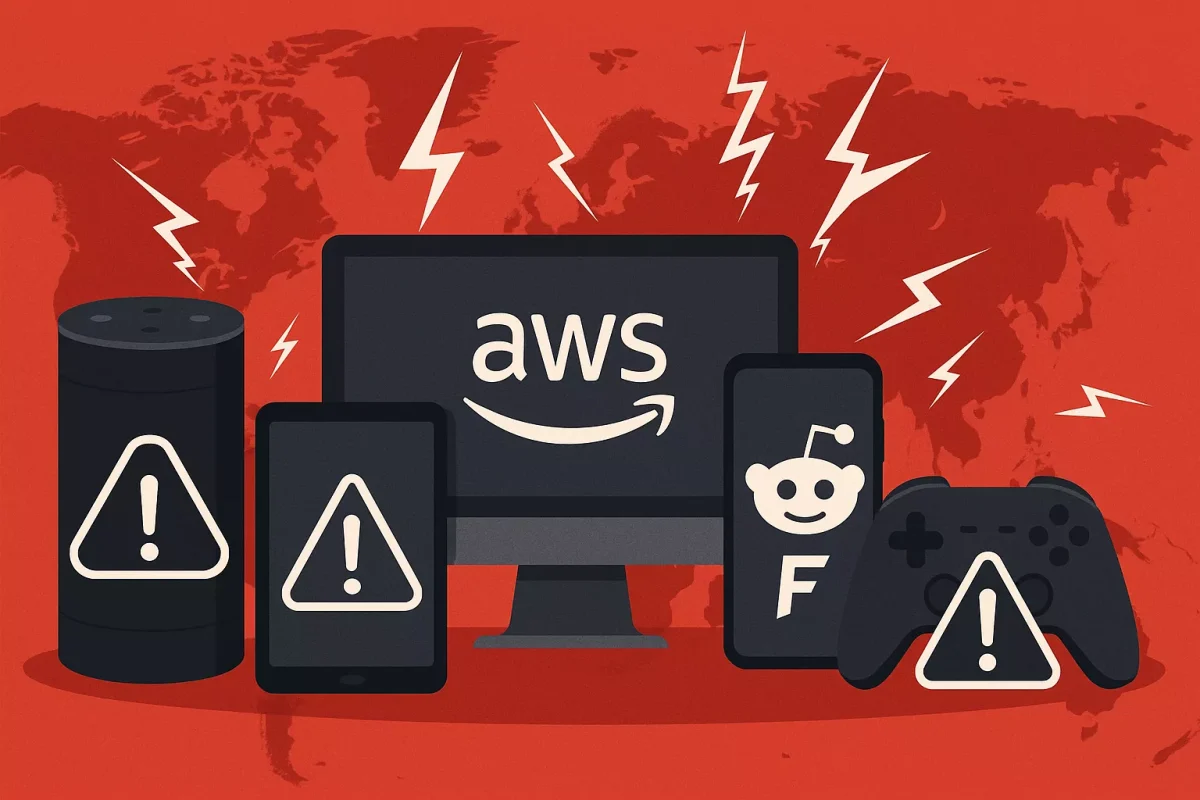With everything from North Korea to Hurricane Harvey enrapturing America, it might’ve been easy for everyone to miss an important piece of news that is still up in the air. President Trump declared, via Twitter, that he planned to ban all transgender Americans from serving in the armed forces.
Announcing that trans people could not serve in the military in any capacity, Trump stunned both the American people and the military leaders that he is supposed to rely upon for protecting the country. This move was not only political suicide, but stirred up a debate that, in 2017, only has a place in the fringes of civilized society.
Trans troops, like lesbian and gay troops, were treated for many years as if they were somehow going to be a destructive force within the U.S. military and fell under the same restrictions of Don’t Ask Don’t Tell. Many conservative commentators, and even Trump himself, have implied that trans troops who wish to take hormones and have reassignment surgery would be an extra cost to the military that would somehow break the budget. Another point of contention is the instance of suicide and depression in the trans community, which some argue would make trans troops more mentally unstable than other troops.
We’ll look at the issue of mental illness first, particularly suicide. Countless studies have been published which indicate that there is an alarmingly high rate of suicide and depression amongst trans and gender non-conforming Americans, particularly teens. Most of these studies have found that roughly 41 percent of trans Americans will have attempted suicide in their lifetime. That means being trans means being mentally unstable, and that the studies agree on that, right? Wrong.
All of these studies agreed on the source of these suicide attempts being minority stress—chronic stress that occurs due to being a member of a minority group which faces discrimination. This is also why suicide is higher in non-white groups, religious minorities, those with disabilities and those with poverty-level annual incomes.
These groups face uphill battles in every facet of life, from economic disadvantages to lack of medical care to simple social interactions. Their gender identity does not mean they are mentally ill. Rather, it is the general response of those around trans people who create depression, anxiety, and suicidal thoughts in the trans community, much in the way that anyone else develops such issues. Banning them and outing them to the rest of the world only adds to the stress already being experienced by a marginalized group when what they need is affirmation.
Part of this marginalization in Trump’s tweets comes in the form of economics, which, as a businessman, one would think he would be highly concerned about money. However, what Trump has failed to mention is that trans troops would only cost the military any money if they transitioned while using military medical benefits.
If a soldier puts their time in, gets their own insurance, and transitions on their own, the military does not pay for those transition-related expenses. In addition, reservists and veterans have limited eligibility for medical benefits, which means they also would not cost the military money for being trans.
In fact, analyses done by the Rand study and the Military times have both shown that trans troops who are transitioning or who have transition-related medical expenses would cost roughly between $2.4 and $8.4 million annually. That’s a lot, but considering the military’s medical budget consists of $84 million annually for treatments for erectile dysfunction—Viagra alone makes up $42 million of that—it shouldn’t be that hard to cover some hormones and some surgery for troops.
The low cost of something that is life-changing for people serving our country is insignificant when compared to the dedication given to getting those “little soldiers” to stand at attention.
Finally, the idea that trans troops, who have been serving either closeted or openly in the military for years, would somehow detract from the military readiness of the United States is laughable at best. At worst, it’s insulting.
When a soldier puts on their uniform, they are not black or white, man or woman, gay, straight, bi, trans, etc. They are American soldiers fighting for what they believe is right. They support Americans in natural disasters. They provide aid to impoverished nations around the world. They fight and die in foreign lands at the drop of a hat, and yet they’re treated like they are destructive and somehow would ruin the military that they love just by being themselves.
Trump, and those who agreed with his decision to tell the Pentagon that trans people can no longer serve and that trans troops should be evaluated for their “combat readiness,” are taking a jab at the very military who defends this land.
American troops need support, whether people agree with the war or not. Trans Americans need love and acceptance. They’re humans. They’re Americans. And if they choose to alter their lives indefinitely by joining the military, then they definitely need acceptance and love.
As for the directives to ban their service, it is comforting to see the Joint Chiefs of Staff and Mad Dog Mattis holding firm in their support of their troops. Otherwise, one would wonder who else might be tossed from the military in order to satisfy the tiny fraction of Americans who make up the ultra-conservative base this ban aims to please. Women? Gays/lesbians? People of color?
Let’s keep turning the clock forward and support our troops in 2017, not 1950.
Arianna is a senior Russian and History major. She is Editor in Chief for The Voice





















